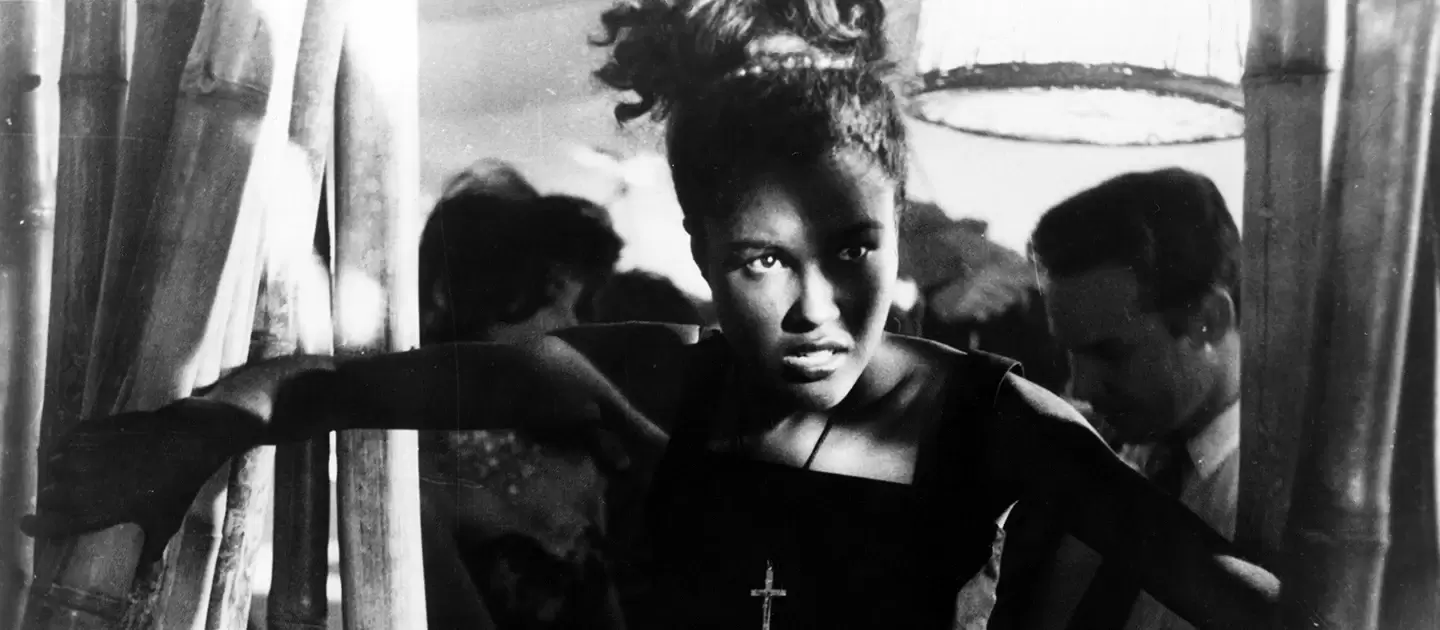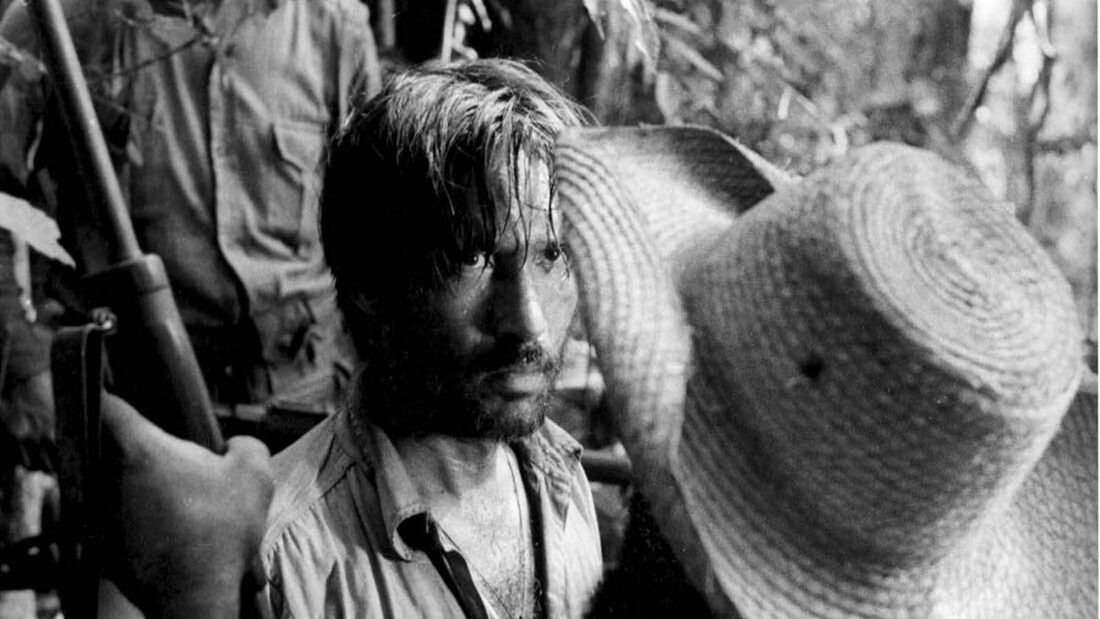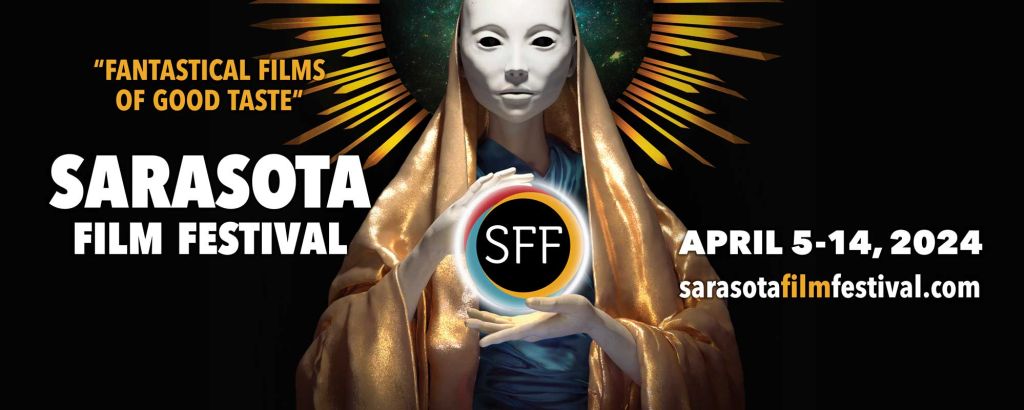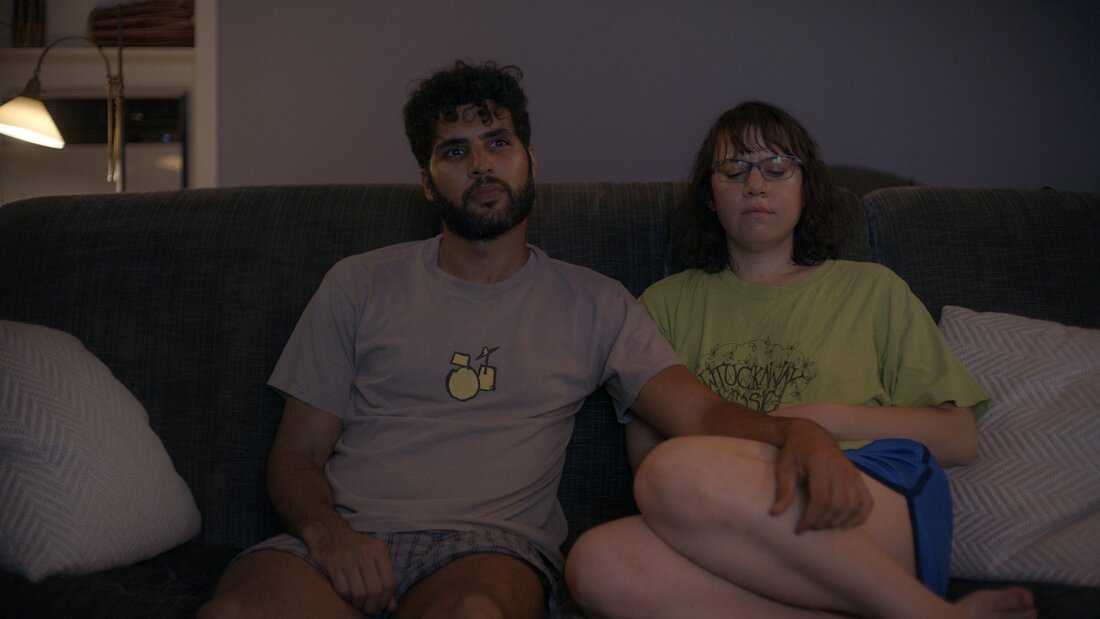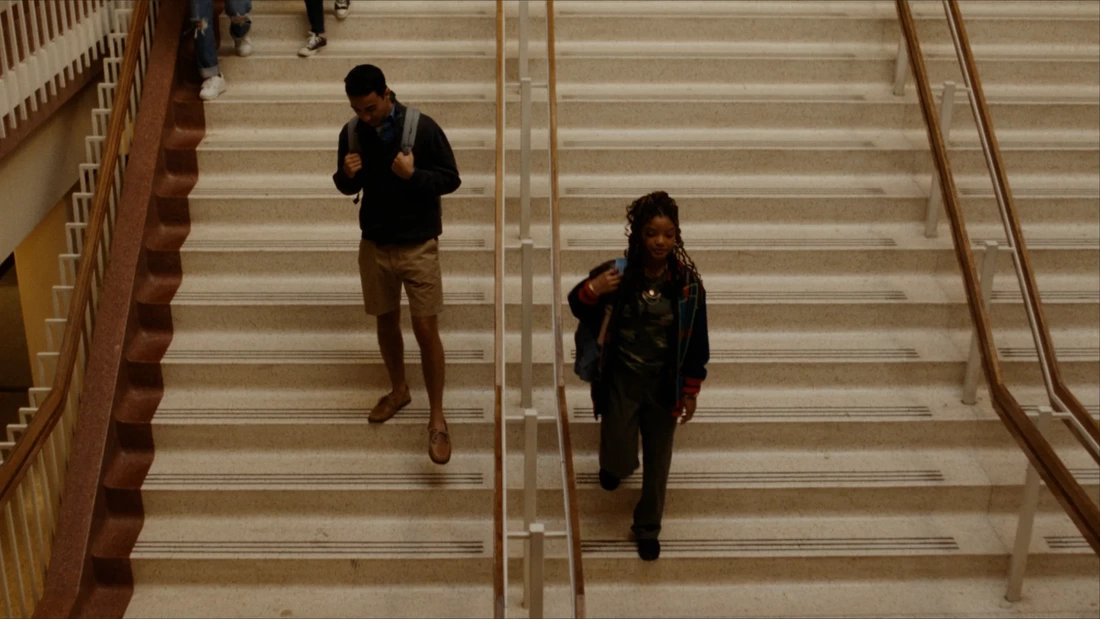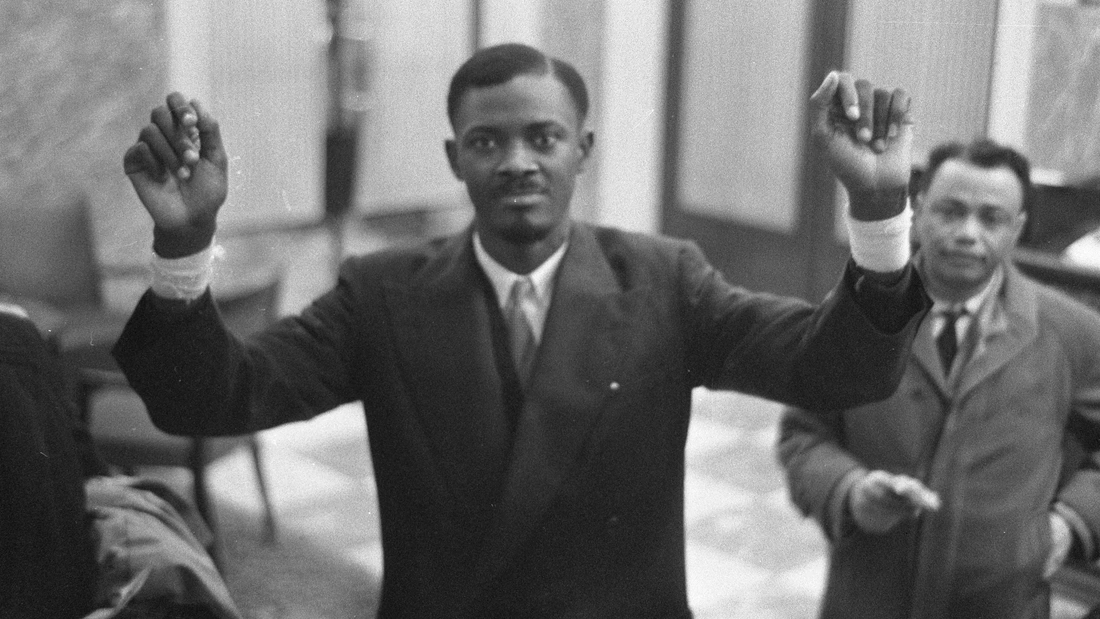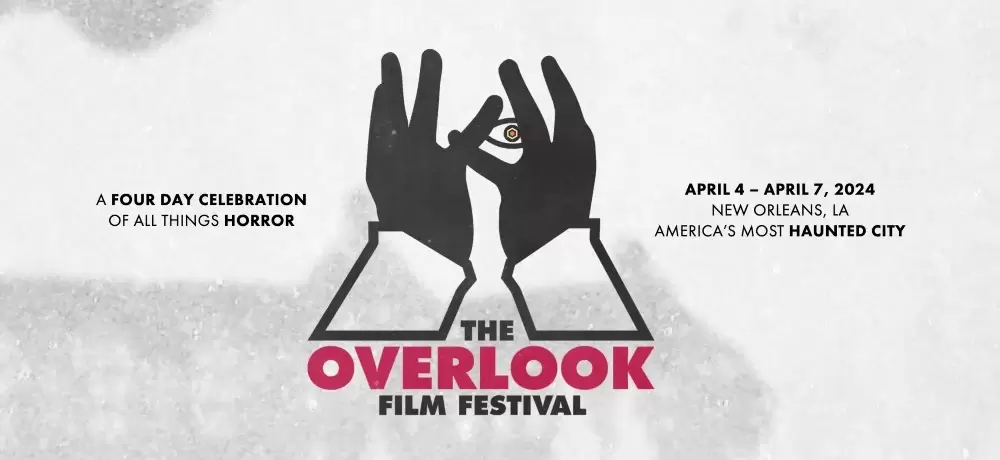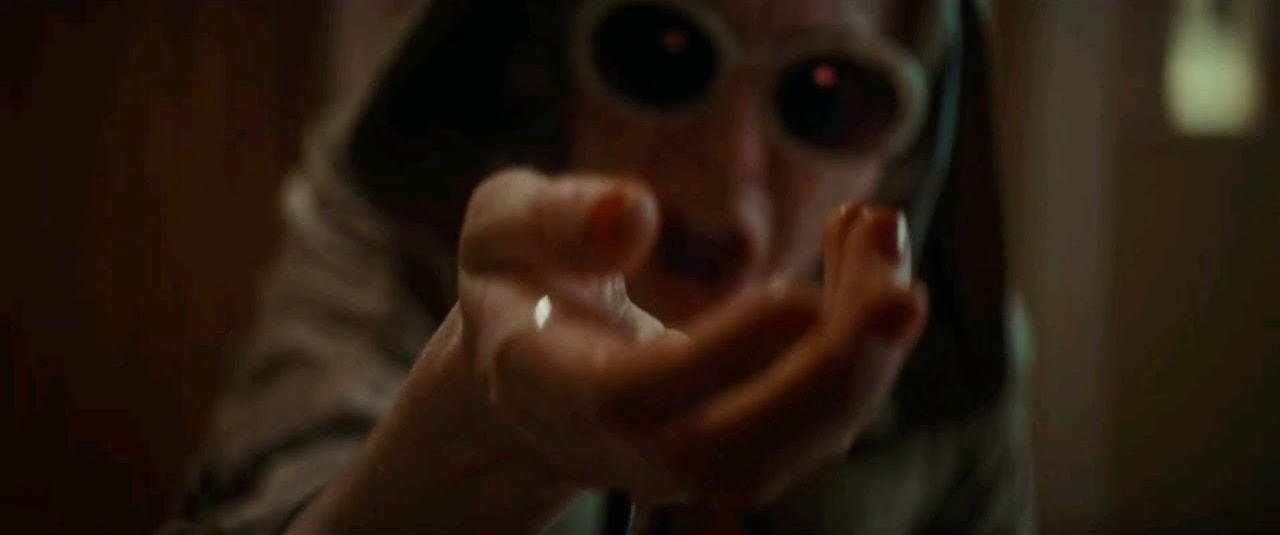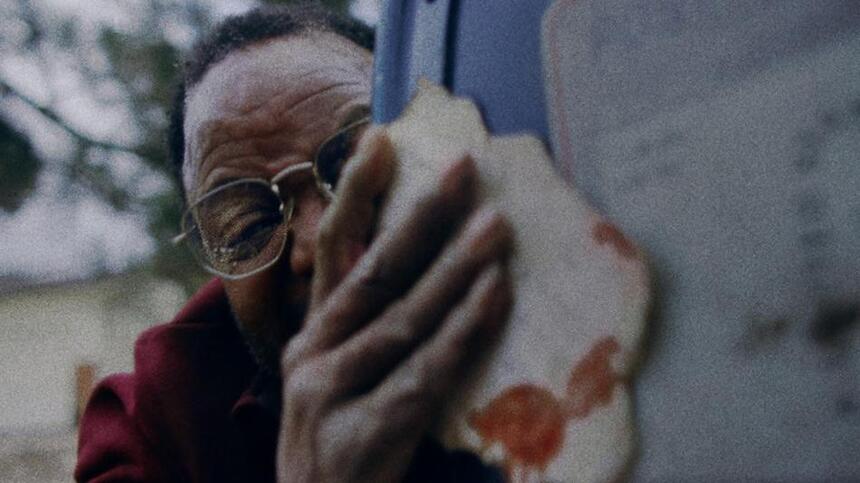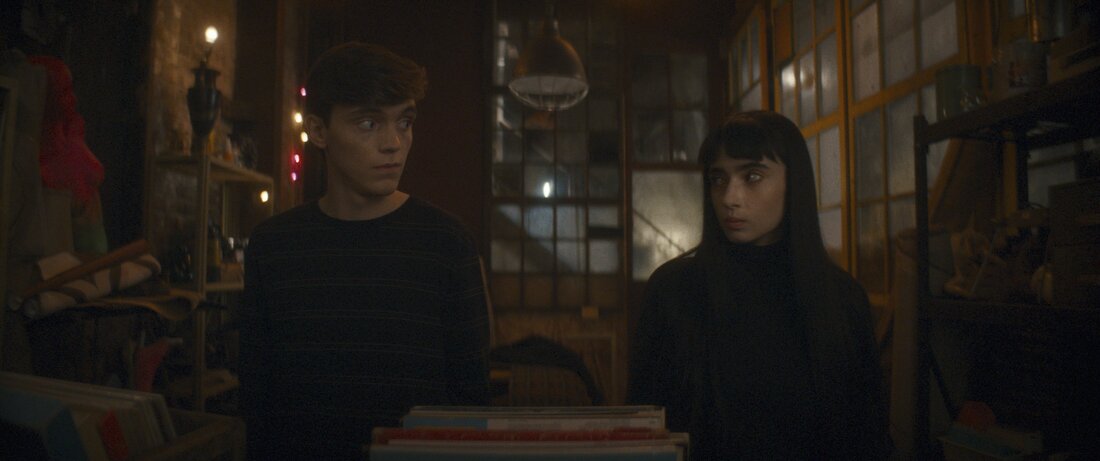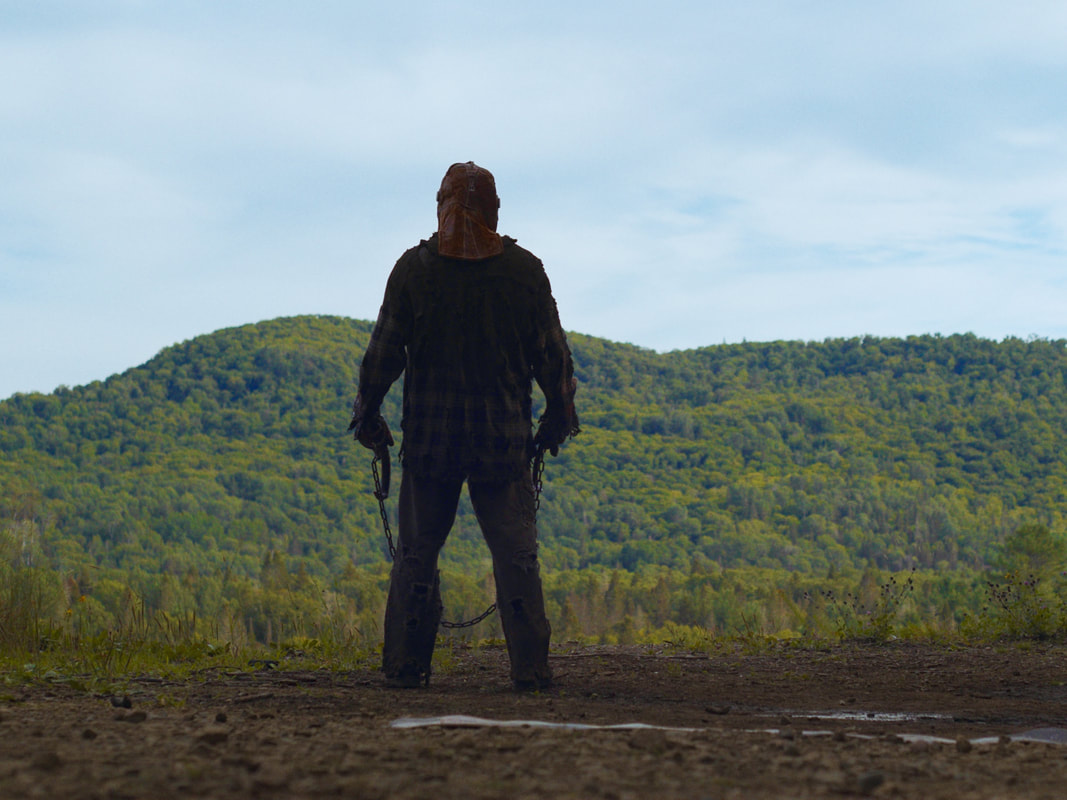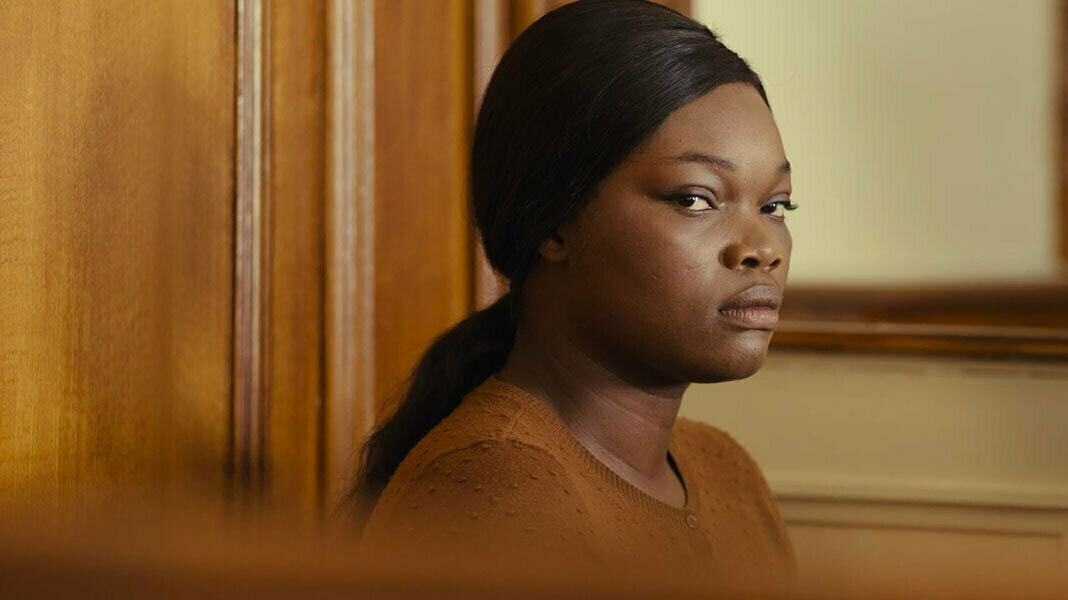The Criterion Voyages (Spine #58): PEEPING TOM -- A Horror Classic Restored in Glorious 4K5/27/2024
By Sean Boelman
Armageddon and Deep Impact; Volcano and Dante’s Peak; No Strings Attached and Friends With Benefits; Olympus Has Fallen and White House Down. History has seen numerous times that Hollywood will release two similar movies in the same year. However, few cases are as interesting as Michael Powell’s Peeping Tom from 1960, recently released in 4K for the first time by the Criterion Collection.
The main reason why Peeping Tom is such an interesting specimen in this regard is that it’s held in nearly as high of a regard as its peer, Alfred Hitchcock’s Psycho. Of course, Psycho is considered almost across the board to be the better film, and rightfully so, but in many ways, Powell’s movie has left just as indelible of a mark on horror cinema as Hitchcock’s masterpiece. Peeping Tom follows a young man who is a photographer by day and a serial killer by night, using his camera as his weapon to murder unsuspecting women and capture it on film to make a “documentary” about fear. It’s an early manifestation of slasher tropes, albeit in the restraints of the Hays Code era, making it an essential piece of horror cinema history. One of the biggest merits of Peeping Tom is Carl Boehm’s performance in the lead role, which is as menacing as they come. It’s almost scarier to have a character like this who thinks he’s acting with reason, unlike some of the later horror villains that would come along and are purely maniacal and evil.
The other aspect of Peeping Tom that has earned it praise over the years is its visual style. The sequences shot from the POV of the protagonist’s camera’s viewfinder have been done over and over again, and seeing the source of the reference is fantastic. However, the many ways Powell creates suspense despite the limitations of what he can show are certainly a sight to see.
Several of today’s most iconic filmmakers have been influenced by Peeping Tom, from the obvious, like Brian De Palma, to some for whom the influence is more subtle, like Edgar Wright. For further proof of just how many artists Peeping Tom has influenced, look no further than the bonus features on this disc, which include an introduction by Martin Scorsese, an interview with Thelma Schoonmaker, and a making-of documentary featuring the duo along with Boehm. Even beyond that, this Criterion Collection edition of Peeping Tom is a veritable wealth of riches for cinephiles. In addition to the aforementioned bonus features, the release includes two audio commentary tracks from film scholars, a documentary about screenwriter Leo Marks, and a featurette on the film’s restoration, which, mind you, looks absolutely stunning. Peeping Tom is an influential work of classic horror cinema, and this Criterion Collection edition is certainly worth picking up. Although this isn’t one of the more obscure or difficult-to-find titles to enter the fray, the gorgeous restoration and wealth of bonus features make it more than worth adding to your shelf. The Criterion Collection edition of Peeping Tom is now available.
0 Comments
By Sean Boelman
At what point does a political film become propaganda? And is there merit to be found in propaganda despite its purpose? The Soviet production I Am Cuba eludes easy classification in these regards. It boasts an incredibly nuanced look at the politics of the country in which it is set, all shot through the lens of some of the best cinematography of all time.
I Am Cuba is an anthology film set during the early days of the Cuban Revolution. It tells four stories of the average Cuban citizen. What stands out about this movie compared to others with an anthology structure is that all of its segments are very consistent in quality. From melodrama to shocking and guttural war stories, one thing unites each of the vignettes of I Am Cuba: their politicism. Understandably, this is a lot of the reason why I Am Cuba went under the radar for so long. The film was released during a time when the United States had an embargo against Cuba and was amidst the Cold War with the Soviet Union. It wasn’t particularly well regarded among its contemporaries in the Eastern Bloc either. Only decades later would it be recognized for the incredible work of political image-making that it is. And the images created by director Mikhail Kalatozov and cinematographer Sergey Urusevsky are pretty undeniable. I Am Cuba is well-known for its incredible use of long takes, of which there are several. However, these sequences don’t feel like mere gimmicks, effectively immersing viewers in the facade-like world of Cuba.
Although the movie has been available in several formats in the decades since its rediscovery, the main reason for picking up the Criterion Collection edition of the film is its stunning 4K restoration. The black-and-white cinematography looks as gorgeous as one could hope, and the uncompressed soundtrack is a treat to hear — especially regarding a movie whose soundtrack has been tinkered with as much as this one.
However, it’s not just the film's technical prowess that has earned it a cinematic reevaluation — I Am Cuba has, in recent years, grown in stature for its incendiary themes. Its heavy anti-imperialist, anti-capitalist themes are virtually as controversial today as they were decades ago, but that doesn’t make them any less timely or their perspective any less valuable. As far as bonus features go, this release of I Am Cuba doesn’t offer much that’s “new” — only a new “appreciation” of the movie by cinematographer Bradford Young (Oscar nominee for Arrival). However, it does boast a solidly eclectic bunch of archival materials, including the feature-length documentary “I Am Cuba,” the Siberian Mammoth, and a 2003 interview with Martin Scorsese, who played a large part in the film’s preservation. I Am Cuba is a wonderful movie, but if you’re a cinephile who’s paid attention to the repertory sphere in the past couple of decades, you didn’t need to be told that. Still, it’s absolutely worth picking up the Criterion Collection edition of this masterful once-lost political film, if only to see the pristine restoration of its seminal cinematography. The Criterion Collection edition of I Am Cuba is available beginning April 23.
By Sean Boelman
The Sarasota Film Festival is an incredible showcase for film for those on the west coast of the Sunshine State. From world premieres of local productions to screenings of some of the hottest films on the festival circuit, the Sarasota Film Festival is the place to be for cinephiles in the area.
We at disappointment media are excited to be covering this year’s Sarasota Film Festival, and if you’ll be joining us in the Circus City, here are a few movies you won’t want to miss: The Feeling That the Time for Doing Something Has Passed
Joanna Arnow’s The Feeling That the Time for Doing Something Has Passed is one of the most uncomfortable awkward comedies of the year. However, it’s also incredibly funny and poignant in its approach to topics like sexuality and age. When you see a deadpan comedy, you generally expect it to be somewhat cold and distant, but this is unexpectedly warm, offering a refreshing approach to this concept.
Green Border
The latest film from Polish auteur Agnieszka Holland, Green Border, made a splash upon its festival debut last Fall. The film tells the story of a group of refugees who are caught in the crosshairs of a geopolitical crisis as they attempt to find safety and a new home in the European Union. It’s an incredibly grueling watch, but fittingly so considering the urgency of the refugee crisis Holland is commenting on.
The Line
The Line star Austin Abrams, who was raised in Sarasota, will be receiving the Rising Star award at the festival. His latest film is a dark thriller exploring the toxicity of university culture. Abrams is just one of many incredible performers in a cast full of some of the most exciting new talents working in film today, including Alex Wolff, Halle Bailey, Lewis Pullman, and the late Angus Cloud. It’s an incredibly nauseating film, but a frank depiction of this culture is what is needed to call attention to how harmful it can be.
Soundtrack to a Coup d'Etat
Those looking for a documentary at this year’s festival likely won’t be able to find one better than Johan Grimonprez’s Soundtrack to a Coup d’Etat, which debuted at Sundance earlier this year. The documentary, exploring the intersection of music and politics during the Cold War, is very dense but absolutely gripping in how it tells this stranger-than-fiction story. Although many viewers will likely be drawn to this because of its inclusion of several high-profile musicians, they’ll walk away more intrigued by the film’s espionage-like aspects.
Thelma
Hot off its Sundance debut and acquisition, Thelma is making a stop at the Sarasota Film Festival before its summer release, and it’s one of the most delightful films you’ll see in the lineup. The film stars the Oscar-nominated character actress June Squibb (Nebraska) as an elderly woman who is scammed by someone impersonating her grandson over the phone, setting her off on a quest for revenge. It’s a lighthearted, fun action-comedy with a great performance by Squibb, and you won’t want to miss this one before it comes out.
The 2024 Sarasota Film Festival runs April 5-14 in Sarasota, FL.
By Sean Boelman
The Overlook Film Festival is one of the biggest events for horror cinephiles in the United States. While this year’s lineup only features one world premiere (Radio Silence’s Abigail), it also features several of the best genre films from other festivals, such as SXSW, Sundance, TIFF, and more.
If you’re descending on the Big Easy to check out some spooky flicks, here are a few we suggest you don’t miss: Cuckoo
This year’s opening night film, Tillman Singer’s Cuckoo, was met with a mixed reception upon its debut at Berlinale, but the Overlook crowd seems like a much better fit for the absurd, campy B-movie this is. If you want to try to make sense of the storyline, this probably isn’t the movie for you. However, if you’re willing to let go of logic and enjoy the film’s incredible sound design, strong production design, and ridiculously fun performances by Dan Stevens and Hunter Schaefer, you’re in the target audience for this picture.
Dead Mail
Dead Mail is likely one of the strangest films playing on the festival circuit right now, but that makes it perfect for an Overlook appearance. The best way to describe this thriller is like if Peter Strickland directed Silence of the Lambs. It follows the intertwined stories of a keyboard technician and the dead mail investigator following the path of his kidnapping. It’s darkly funny but consistently unsettling — making for an unquestionably auspicious debut for Joe DeBoer and Kyle McConaghy.
Humanist Vampire Seeking Consenting Suicidal Person
Humanist Vampire Seeking Consenting Suicidal Person debuted on the festival circuit last fall, and it’s a travesty that it still does not have US distribution. The deadpan horror-comedy is just as wacky as it sounds, following a vampire who struggles to drink blood because of the ethical concerns it gives her after she finds a depressed young man. An unorthodox romance brews, resulting in a hilarious and super poignant watch.
In a Violent Nature
If one indie horror movie has taken the festival circuit by storm, it’s Chris Nash’s In a Violent Nature. The film’s set-up is pretty simple: a Friday the 13th-esque slasher told from the perspective of the killer rather than the victims. Of course, the story is pretty straightforward, and the characters thin, but given the concept, it’s almost fitting. However, where the film shines is delivering some of the most incredible kills you will see in any horror film this year and maybe even this decade.
Sleep
The Korean thriller Sleep is directed by Bong Joon-ho’s (Parasite) Okja assistant director, Jason Yu. With that information, cinephiles know they’re in for a treat. Although the film starts in a somewhat restrained way, following a couple whose lives are thrown into disarray when one of them begins to suffer strange bouts of sleepwalking, the final act is incredibly memorable. It’s slowly been picking up buzz and a fanbase on the festival circuit, and the Fantasia crowd would be the perfect people to see it with.
The 2024 Overlook Film Festival runs April 4-7 in New Orleans, LA.
Review by Sean Boelman
Recently, Criterion has been partnering with indie distributor extraordinaire NEON to release some of its films through the boutique label. The latest is Saint Omer, a criminally underseen courtroom drama that served as documentarian Alice Diop's narrative feature debut. This release is a welcome opportunity for fans to get their hands on a copy of the best movie of 2022.
Saint Omer follows a novelist who attends the trial of a woman accused of murdering her infant daughter, causing her to reflect on her own life and how the case resonates with her. Submitted by France for the Oscar for Best International Feature but unfortunately snubbed, Saint Omer holds up incredibly well. Diop’s film stands out from most other courtroom dramas because of its documentary-like approach, which makes sense considering her background in nonfiction filmmaking. It is not the type of court movie with quick dialogue and chess-like legal tactics; Diop is much more interested in the intricacies of the story and their even deeper implications and contexts. The result is a movie that feels incredibly emotional, even by the genre's standards. Of course, there was no doubt that a movie about a mother accused of these crimes wouldn’t be a stirring watch, but the perspective through which Diop presents it makes the emotional elements all the more complex and impactful.
Diop also has some worthy and talented collaborators in actresses Guslagie Malanda and Kayije Kagame. Saint Omer rightfully served as a breakout for Malanda, whose tremendous performance as the woman on trial is as crushing as they come (she would later appear in The Beast alongside Lea Seydoux and George McKay). Yet, although Malanda’s performance is the more immediately forward, Kagame’s stands out on rewatch as especially potent in its quietness and mannerisms.
However, what stands out most about Saint Omer, upon revisiting it over a year later, is how tender it is with its themes. Although the story might seem somewhat straightforward on its surface, there are incredibly prescient undercurrents running through it, exploring themes like immigration, femininity, and misogyny. The script, written by Diop along with Amrita David and Marie N’Diaye, sticks with you in ways you would not expect. In terms of bonus features, this edition of Saint Omer features some new interviews with director Alice Diop, making it a relatively bare release compared to most of the newer movies that enter the Criterion Collection. The 2K restoration is solid, but it is important to note that this is not being released in 4K — only Blu-Ray and DVD. Ultimately, the Criterion of Saint Omer is worth picking up, if only to get the opportunity to own this incredible work of French cinema. Unlike most of NEON’s films in the collection, Saint Omer had previously not received a physical media release in the US — only streaming and digital media — and any francophile or cinephile who admires world cinema will undoubtedly want to have this on their shelf. The Criterion Collection edition of Saint Omer is now available. |
The Snake HoleRetrospectives, opinion pieces, awards commentary, personal essays, and any other type of article that isn't a traditional review or interview. Archives
June 2024
Categories
All
|
|
|
disappointment media
Dedicated to unique and diverse perspectives on cinema! |



